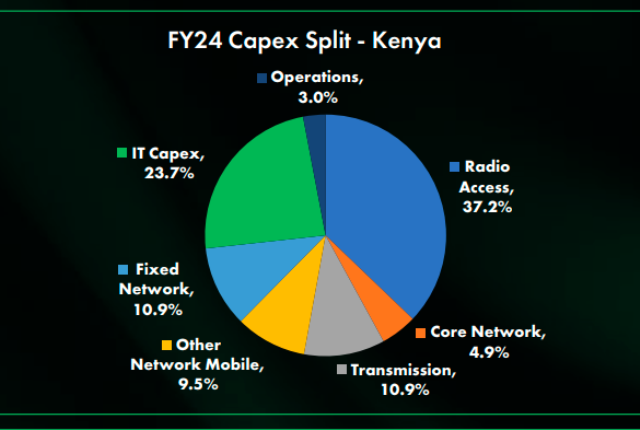Safaricom, the largest telecoms company in Kenya, has called on the country’s regulatory body, the Communications Authority of Kenya (CA), to impose conditions on satellite internet providers like Elon Musk’s Starlink, requiring them to partner with local mobile network operators.

Starlink, a subsidiary of SpaceX, has been expanding its services across Africa, including Kenya, where it launched in July 2023.
Safaricom, partially owned by the Kenyan government along with Britain’s Vodafone and South Africa’s Vodacom, raised concerns in a letter to the CA, Reuters news report said.
The telecom giant expressed that independent licenses for satellite providers could lead to illegal services and interference within Kenya’s borders. Safaricom suggested that satellite providers should be classified as infrastructure providers, necessitating collaborations with local operators. This approach, they argue, would ensure compliance with Kenyan laws, foster local employment, and drive investment in the country.
The Communications Authority and Starlink have not yet responded to these concerns. Starlink has faced regulatory hurdles in other African nations as well, including Cameroon, where authorities ordered the seizure of its equipment earlier this year due to licensing issues.
As Starlink continues to offer competitive pricing and flexible plans, including hardware rental options for Kenyan consumers, the debate over regulatory requirements highlights the ongoing challenges of integrating global satellite services with local telecommunications frameworks in Africa.
Safaricom’s capital expenditure in Kenya was KShs 47.3 billion with capital intensity of 13.8 percent in 2023-24. It is targeting Capex of KShs 45 billion – KShs 48 billion in fiscal 2024-25. Safaricom spent 37.2 percent of its Capex in Kenya on radio access, 23.7 percent on IT, 10.9 percent on fixed network, 10.9 percent on transmission, 9.5 percent on other mobile network, and 4.9 percent on core network.
